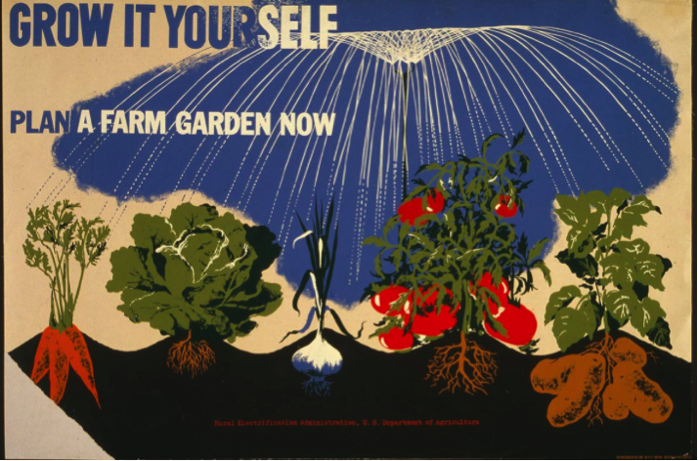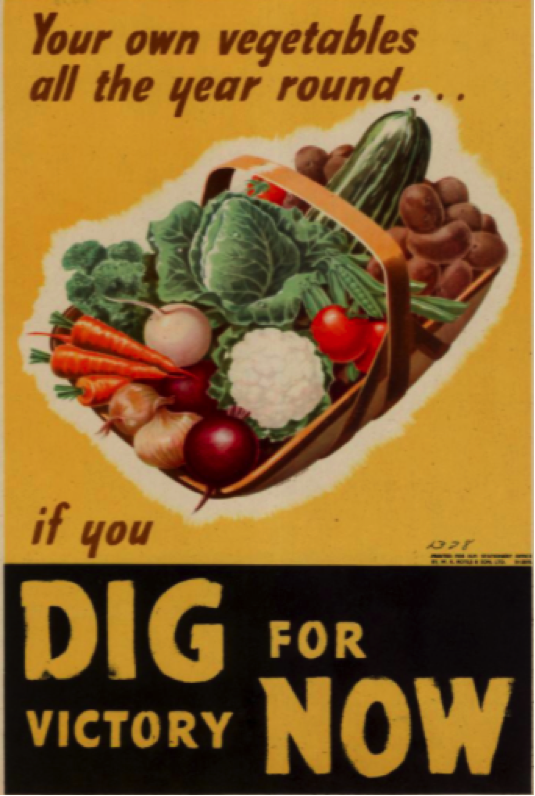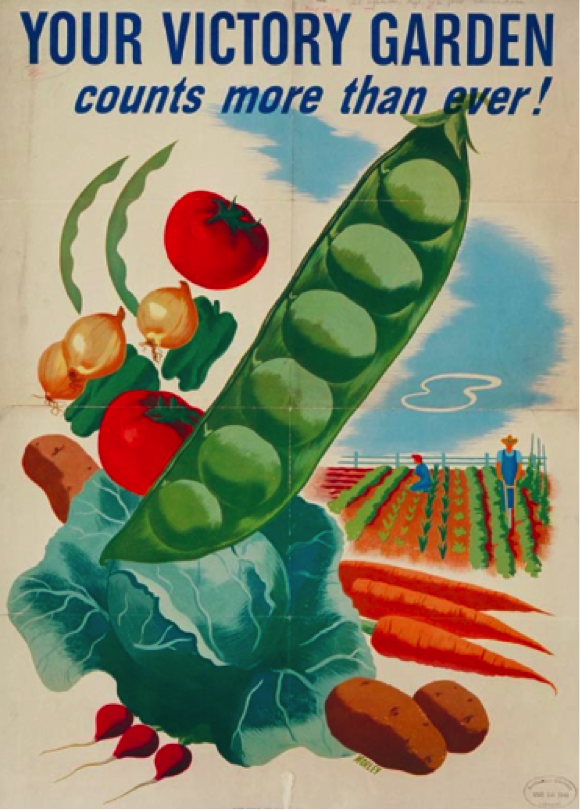
Dante Kirkman
Palo Alto, California
Tunza Eco-Generation Ambassador, USA
(Winner)
My name is Dante Kirkman and I’m a teenager and public school student from Palo Alto, California. I’m a Tunza Eco-Generation Ambassador for the USA, and my message is to help empower youth to go green, innovate, and become activists for the environment. My artwork and writing have been published, exhibited and awarded at the state, national and international level. My work expresses my perspective as an activist and technologist, as well as my experience as a Black youth coming of age in 21st century America.
 For thousands of years, humankind sustained itself on the planet by hunting, gathering and growing the food that people needed. Fast forward to today, and we have a highly industrialized, global economy in which individuals rarely source food for themselves but rather receive it passively through a system that places deep strain on the planet. Coupled with climate change, droughts and corporate control of agricultural resources, the individual can be placed in a tenuous position when it comes to procuring his or her daily bread.
For thousands of years, humankind sustained itself on the planet by hunting, gathering and growing the food that people needed. Fast forward to today, and we have a highly industrialized, global economy in which individuals rarely source food for themselves but rather receive it passively through a system that places deep strain on the planet. Coupled with climate change, droughts and corporate control of agricultural resources, the individual can be placed in a tenuous position when it comes to procuring his or her daily bread.
As part of this disconnect, widespread poverty can exist paradoxically within prosperous economies. My purpose is to advocate for the individual to reclaim his or her ancient heritage of procuring one’s own sustenance, in order to eradicate poverty and promote a healthier use of the planet’s resources. Furthermore, I advocate for the individual to claim this as a basic human right, to exercise his or her personal abilities and enjoy the security of providing for a family’s nourishment.
I live in Palo Alto, California, in the United States of America. Therefore, I can only speak from the perspective of those who live in the highly developed circumstances of this global picture. I recognize that my perspective cannot possibly take into account the circumstances or challenges faced by people around the globe whose baseline assumptions for survival are entirely different from mine. Even in my own country, it is likely that people face living conditions that would make my proposal seem far-fetched or unrealistic. In the United States, for example, people face challenges such as living in the highly dense population of New York City, or such as receiving lead poison in their water in Flint, Michigan. Still, I would like to offer my perspective towards the eradication of poverty and sustainable agriculture, in spite of the limitations of my perspective.

Here in California where I live, the Central Valley ranks as the largest agricultural producer in the world. Crops ranging from peaches to grapes to almonds are produced in abundance. At the same time, Californians have taken for granted the natural abundance of living in this lush cornucopia. Now we are living in a drought, which is exacerbated by climate change. In 2013 and 2014, we had the worst drought in California history, and now in 2016 we are still experiencing a drought. Because of the drought, social norms have changed, and many people are critical of the massive water use by agriculture, as well as wasteful habits such as maintaining a water-consuming green lawn.
Instead, people now plant native species or drought-tolerant plants. They also convert their front and backyards to vegetable gardens and fruit orchards. It is perceived that growing one’s own fruits and vegetables is a worthwhile use of precious water, and also a healthy, sustainable lifestyle. Where someone does not have their own yard space to grow food, the City of Palo Alto provides garden plots for individual use and stewardship. Stanford University, which is next door, also has community gardening plots near student housing, and it has a research farm for sustainable agriculture. There are various organizations called CSAs for Community Supported Agriculture, where people buy shares in the local harvest and get it delivered to them.
In the same way that water-wasting lawns are now viewed as anti-social, the trend toward personal agricultural sustainability can spread and become the norm. Here in the United States during World War II, citizens were encouraged to grow a “victory garden” to help with the war effort. What we need now is for each of us to undertake our own “victory garden” to help win the war to eradicate poverty and save the planet. How can we do this? It depends on our individual circumstances, of course. But basically it involves taking stock of those circumstances from a new perspective: what land or other space do I have to work with, and how can I optimize it for food production? The corollary to this undertaking is also to evaluate how one is eating. If you are eating high on the food chain, consuming a lot of expensive meat, then you should re-evaluate this in terms of your sustainability plan, and shift to eating lower on the food chain.
So what have I done myself and what am I going to do to realize this vision? First my family now discusses what we eat and how we source our foods. This is step one. The second step is to create goals for the year to change how we source our food. For us, this includes building planter boxes for vegetables in our front and back yard space. The third step is to plan crops for the year. This step also includes determining what can be grown indoors, such as alfalfa or bean sprouts in a jar on the kitchen counter, which is easy for anyone to do. It also includes using heirloom seeds so your garden produces reusable seeds, rather than patented seeds controlled by big agri-business corporations.
The fourth step is to extend your effort into the community. If we communicate with neighbors, we can share our crops, or donate our excess to local food pantries. One person might have an abundant walnut or lemon tree, while another might have plentiful zucchini squashes. Taking it a step further, neighbors can organize to secure a community garden plot to realize this vision in an urban landscape. There are also groups that pick fruit off trees to feed the homeless. There are also groups that do urban foraging by identifying publicly accessible food sources, ranging from edible weeds to neglected fruit trees. They call it “open source food.”
This personal food-sourcing trend demonstrates that changes in individual attitudes and behaviors can have a large collective effect. Once you open your eyes to the possibilities, there could be food sources all around you!


One thought on “Sustainable Consumption: The New Victory Garden”